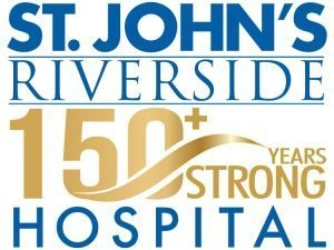Healthcare disparities persist throughout the United States. We see discrepancies in everything from diabetes management to maternal mortality rates in our communities, including Yonkers. Most recently, the pandemic has highlighted the urgency of addressing these health disparities. We continue to observe disproportionally high rates of COVID-19 illness and death among the already medically vulnerable, including the elderly and communities of color.
As part of our ongoing commitment to ensure quality healthcare delivery to all members of our community, St. John’s and its community partners have formed the Committee for Achieving Regional Equity in Healthcare. The mission of the committee is to achieve healthcare equity in our community by identifying healthcare disparities and promoting effective strategies to optimize healthcare delivery. The committee will champion compassionate, professional, respectful, and ethical care for all whom we serve. Ultimately, the committee is dedicated to helping change health outcomes for our community.
Our goals include:
- Re-assess our community’s current health care needs, and the effect of COVID-19
- Identify and address barriers to quality health services
- Expand primary care services throughout Yonkers
- Ensure all members of our community receive the care they need.
“Good health is the great equalizer. But the health of our communities has never been more out of balance,” said Philicia Jones and Erick Lapice, Co-Chairpersons of The Committee. “And the COVID-19 pandemic has magnified longstanding health inequities that disproportionately impacted our communities of color.” “Many factors drive these disparities. Social determinants and other barriers to care contribute to the higher rates of pre-existing conditions, such as heart disease, diabetes, and asthma, in under-served communities, said Michael DiGiorno, DO, FASN, Vice President of Medical Operations. “These pre-existing conditions contributed to negative outcomes experienced by the most medically vulnerable members of our community.”







